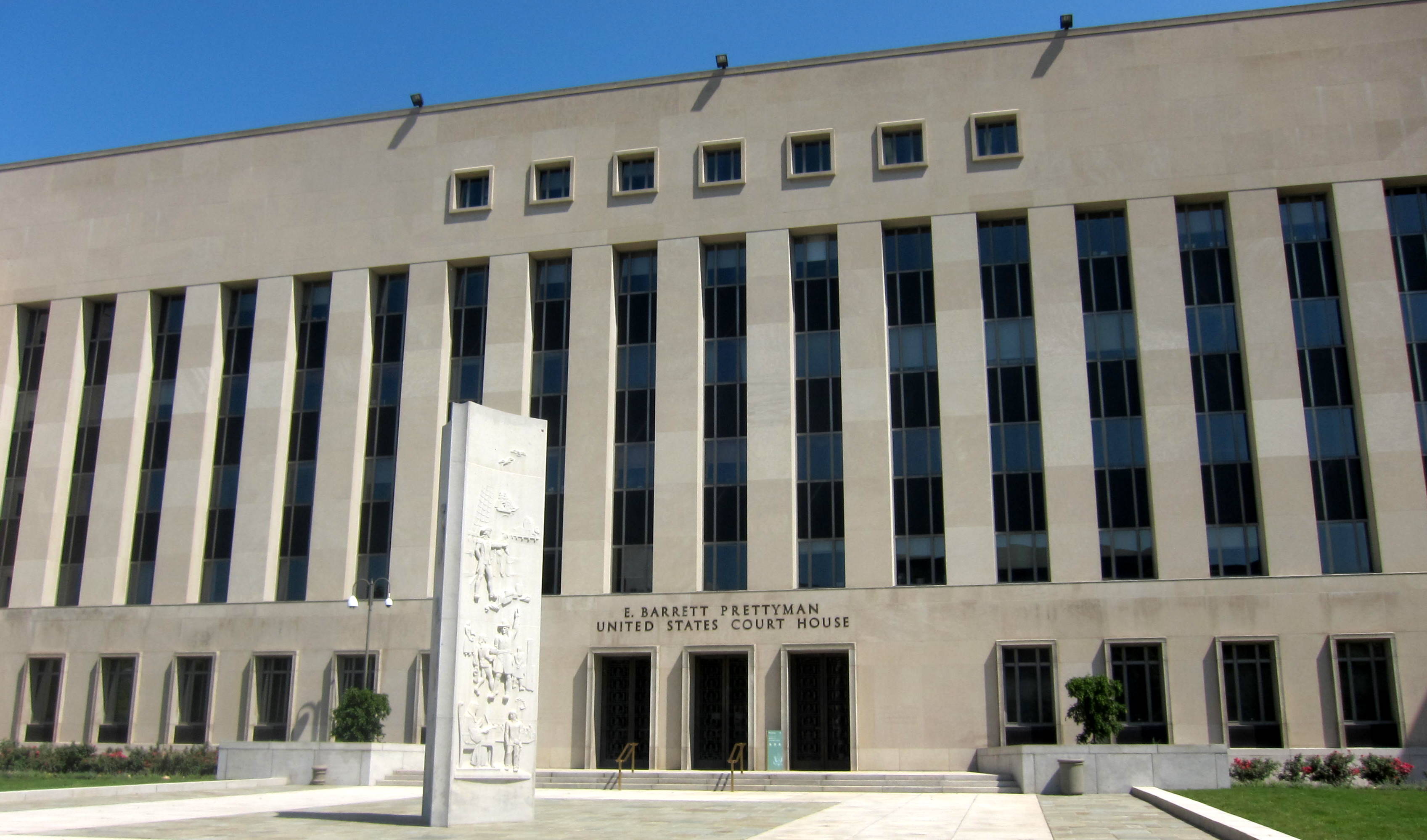Don't Read Too Much Into the Jump in Rejected FISA Applications
Recent headlines about foreign intelligence surveillance—e.g., “In Trump’s first year, FISA court denied record number of surveillance orders”—are misleading.

Published by The Lawfare Institute
in Cooperation With

Recent headlines about foreign intelligence surveillance—e.g., “In Trump’s first year, FISA court denied record number of surveillance orders”—are misleading.
The headlines are based on this year’s public report from the Administrative Office of the U.S. Courts (AO), which says that in 2017, the FISA Court denied 26 FISA applications in full, and 50 applications in part. The news media, amplified by social media, say that those numbers are significant when “compared to 21 orders between when the court was first formed in 1978 and President Barack Obama’s final year in office in 2016.”
That claim is misleading because it rests on an apples-to-oranges comparison. In particular, the AO’s report counts “denials” differently than the Department of Justice, whose reports are the source of the long-term historical data. The Justice Department has yet to issue its 2017 report, though it will likely do so very soon. But in the meantime, the AO, Justice Department, and the FISA Court have all tried to make this clear:
- As last year’s Justice Department report explained on page one, “Unlike the Government,” the AO “reports the number of proposed applications rather than the number of final filed applications" (italics in original).
- As this year’s AO report explains in the header for table one, “Some of the statistics reported herein differ from those in comparable reports prepared by the U.S. Department of Justice (DOJ) and the Director of National Intelligence (DNI) because those agencies track and tabulate actions taken only with respect to final applications and certifications.”
- As the FISA Court explained in 2013, in a letter that is available on the court’s public website, “the annual statistics provided to Congress by the Attorney General ... frequently cited to in press reports as a suggestion that the Court's approval rate is over 99% ... reflect only the number of final applications submitted to and acted on by the Court. These statistics do not reflect the fact that many applications are altered prior to final submission or even withheld from final submission entirely, often after an indication that a judge would not approve them" (italics in original).
All of these documents are saying the same thing: that a “denial” in the AO reports is not the same thing as a “denial” in the Justice Department reports. To make this point more concrete, consider a scenario in which the government files a proposed (read-ahead) copy of a FISA application, the court’s legal advisors inform the department that the application is likely to be denied by the judge assigned to review it, and the department withdraws the application such that the judge never formally rules. In the AO reporting, this counts as a “denial.” In the Justice Department reporting, it doesn’t count at all.
A lesser problem with the headlines is that in calendar year 2016—the final year of the Obama administration—the AO reported nine partial and 26 full denials. Limiting consideration to traditional FISA applications for electronic surveillance and physical searches, the calendar year 2017 numbers from the AO reflect 353 applications modified, 47 denied in part, and 24 denied in full, with the corresponding numbers from calendar year 2016 at 280, 26, and 8, respectively. So the numbers have increased since last year—but not in the massive way that the headlines would suggest.


_-_flickr_-_the_central_intelligence_agency_(2).jpeg?sfvrsn=c1fa09a8_5)


